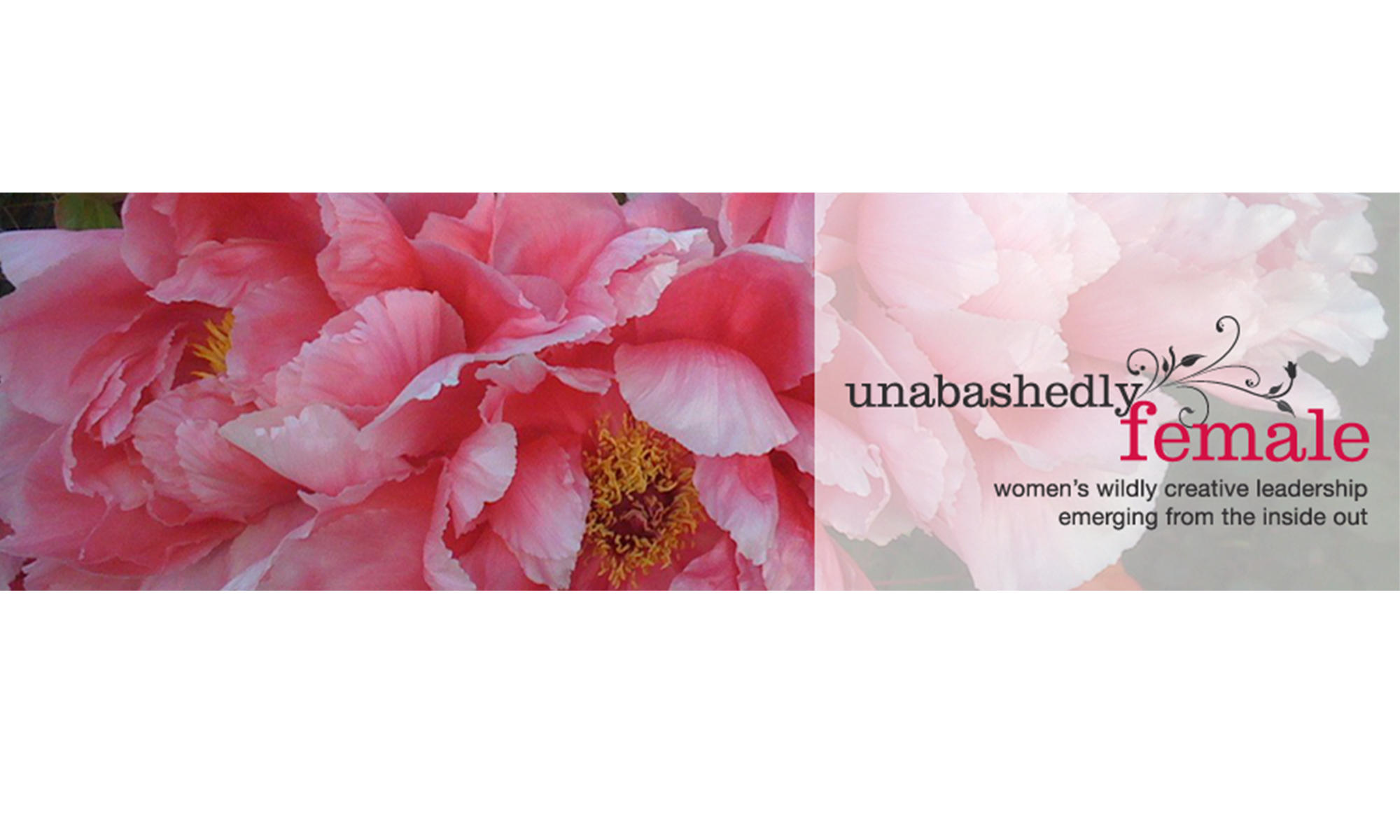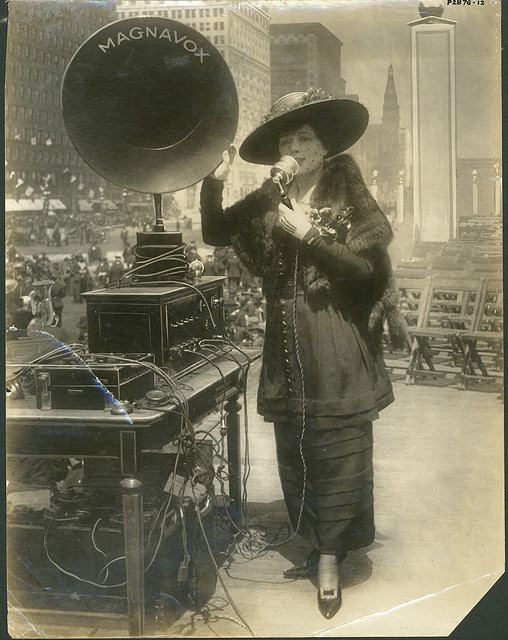This is the first part of a five-part series on rediscovering, and speaking in, our mother tongue.
How many languages do we ‘speak’ as women?
What streams of wisdom do we have access to?
What is our true mother tongue?
::
Our Mother Tongue:
In my last post, I shared a poem that came up out of an underground stream of forsaken voices. Since writing that poem, I’ve been wondering about women’s voices – how silent so many of us can be, how careful we are so often to consider closely what we say and how we say it, and how our world does not have access to the wisdom and creativity it could have if more women (myself included) spoke without fear, without self-judgment, and with a direct clear language that comes when we speak our mother tongue, what is native to us, without translation.
I don’t know exactly what this mother tongue is, but I’ve heard it flow through me in times when the creative impulse was clear and direct and I simply became the vessel through which it flows. This language is more instinctual. It is alive. It flows from the body, and utilizes rational thinking rather than being dictated by it.
Lost in Translation:
Over the past seven years, I’ve lectured at Stanford University in a course titled Creativity and Leadership. I teach with a fabulous male colleague, whom I adore working with. Around five years ago, I suggested we bring in the topic of gender balance (and gender differences) in the workplace and how this might interfere with creativity and leadership into our course, and my colleague was absolutely right there with me. Since then, during our week on Balance, we take a bit of time to break out into groups based on two genders, men and women. I speak with the women, and my colleague speaks with the men, and we inquire into how the work culture impacts our ability to be fully creative, fully ourselves.
In speaking with the women in this separate group, what I soon discovered is that many women ‘translate’ from our own language into a language the masculine corporate culture will understand and value. Keep in mind that most of the students in this course are working in very corporate settings in Silicon Valley. They are successful in their areas of expertise, and many work for good companies who are doing good work in the world. It’s not like they, necessarily, work for ‘bad’ companies that stifle women’s voices knowingly and purposefully.
At first while we were discussing this idea of how gender in the workplace gets in the way of creativity, this sense of being stifled wasn’t being articulated. It was through our discussion (in our gender-separated group) that this tendency to translate came to the surface. In the first instance when I became aware of this tendency, one woman was speaking and as she struggled to articulate her frustrations at work suddenly words popped out that spoke of being tired of translating what she really felt and knew into something that would be acceptable and not belittled or mocked. As she spoke the words, the frustration showed up loud and clear.
At first I was surprised at it being spoken aloud so clearly and distinctly. And then, I remembered how I had done the exact same thing when I was in banking and in information technology. I just hadn’t realized so clearly that I was doing it. I hadn’t become conscious of it…until that moment.
It’s like we do this thing that sometimes we don’t even really consciously know we are doing, because we are so used to doing it.
We’ve been catching our real words in hidden pockets of the throat, while finding and speaking ‘safer’ words into the world.
Some women know they are doing it. Some women have stopped doing it. Some women don’t know they are doing it. Some women don’t even know how to stop doing it. And as I discovered, most men are not aware that women do this. But when this one woman said what she said, so many other female heads nodded up and down in agreement while at the same time holding a look that expressed a sense of AHA – oh my gosh…that’s what I’ve been doing.
Code-Switching:
This idea of ‘translating’ in this way isn’t new. I first found the term code-switching reading this recent piece by Soraya Chemaly. The term has been used to describe how people of different cultures change how they speak depending on whom they are speaking to, and in what situation they are speaking.
From speaking with friends, people of color know all about code-switching. My friends, while perhaps not using this term, certainly know they’ve had to contend with this their whole lives. Perhaps my privilege has kept me from seeing this. Yes, that feels so true. And, yet, I wonder how many women are very conscious they are changing their language in this way. We’ll explore this more in part 2.
We all have the capacity, as humans, to move between two or more different languages. Code-switching is the practice of alternating between two or more languages or (varieties of a single language like English) in conversation. If we speak more than one language, we do this. And let’s face it – most of us, women and men, speak more than one language – even if they are all in our only language. I imagine men speak a different language when they are only with men. I know women speak a different language when they are only with women. And we all speak a different language if we are with children, or with groups of people who come from a different background. We’re all finding our way in communicating something as complex as life into something so confining – words.
I am not going to go into great detail about code-switching in this series. What I am more interested in is the ingrained idea that what we women have to say, when we say it in our more feminized expression is somehow less valuable, insightful, or practical. What I am more interested in is what is NOT being said because it is lost in translation. And, I am more interested in helping us to rediscover our lost mother tongue.
What we will be exploring:
In wanting to explore this idea of the language we women use to express ourselves, I’ve wondered how often we say what we most long to say. Where do we change our words, our inflection? How often does what wants to be said directly and clearly come out sideways and hesitant? If we could say the words we yearn to say, what would those be? And, how do we get to the source of our mother tongue and the courage to speak it?
The rest of the series at a glance:
Part #2
The propensity for many women to code-switch in this culture in order to be ‘taken seriously’, or to be not too ‘threatening’, which ultimately means to ‘be accepted’ – and, ultimately, wondering what wisdom and creativity are we losing when we code-switch.
Part #3
A more native-tongue we rarely hear women use because it lies underground (metaphorically speaking), under the cultural language we’ve been taught to listen to and trust.
Part #4
The groundswell of generations of women’s swallowed words that lies dormant just waiting to be heard, honored, and perhaps shared.
Part #5
And finally, considering your words. What are your words? What are the words that want to flow onto the page and into the conversation through you? What do you need to say, right now, here, in this moment, to feel fully spent – like a word orgasm – where nothing is left unsaid, nothing is left hidden away, nothing within you is shamed? How can we learn to allow ourselves to speak what seems to be so frightening to speak?
My reason for writing about this is my deepest desire for all people, and in this case women, to find their way to pure self-expression, to that creative fire within, to that wisdom voice, that voice of play and delight, and that loving, sensual, sexual voice that is instinctual.
We don’t have access to the depth of wisdom our human culture could bring into the world as long as all people are translating rather than expressing their unique wisdom and genius.
We cannot be truly creative, we cannot be authentic leaders, and we cannot speak from the depths of our heart if we put our focus and energy into ‘translating’ what we say and how we say it rather than being authentic and vulnerable in our expression.
That’s not to say we should not utilize our ability to be fluid with our language depending on context and relationship. But rather, if a certain way to speak is idealized and held up to be the only ‘right’ form of communicating, then we all lose out because of what is being lost in translation.
I look forward to having you join me for the series as it unfolds. Other posts in the series are:
Mother Tongue Part 1: Has Your Mother Tongue Been Lost in Translation?
Mother Tongue, Part 2: Speaking Without Translating
Mother Tongue, Part 3: Calling You Home in a Language Long Forgotten
Mother Tongue, Part 4: She Doesn’t Pay Lip Service
Mother Tongue, Part 5: Eyes and Instincts, Knowing and Soul
We will discover much together. Please share your thoughts in the comments below.

